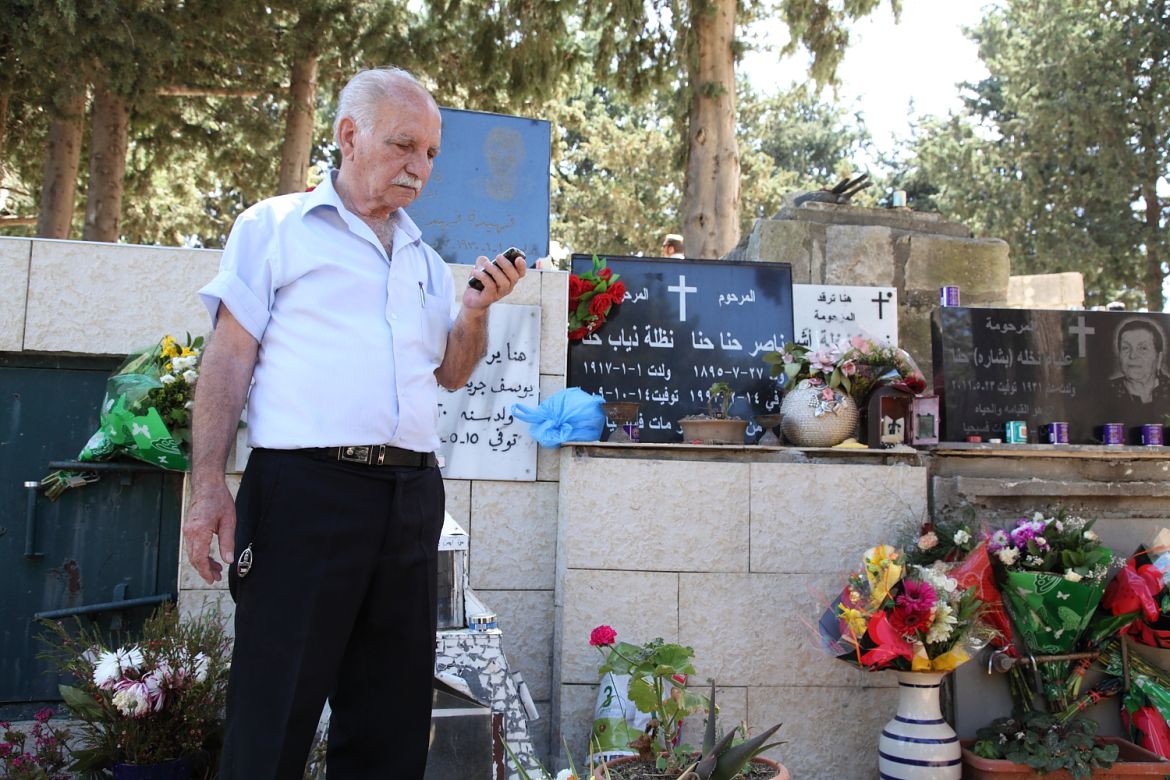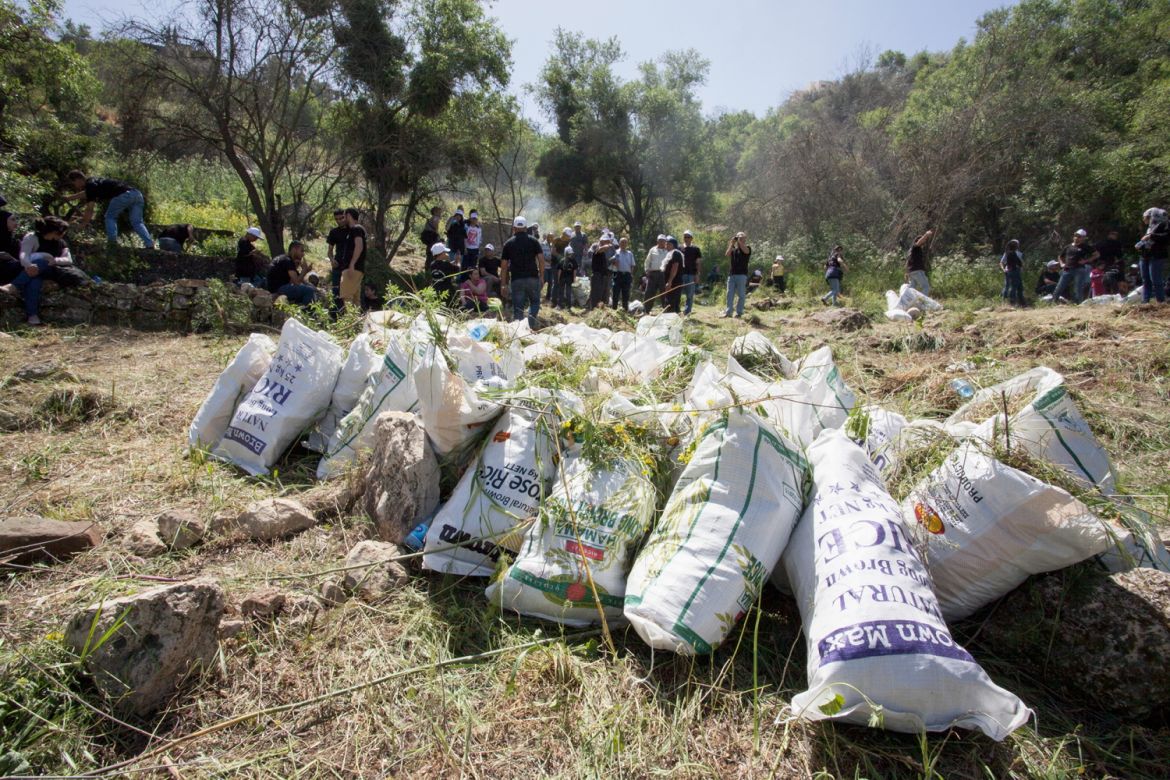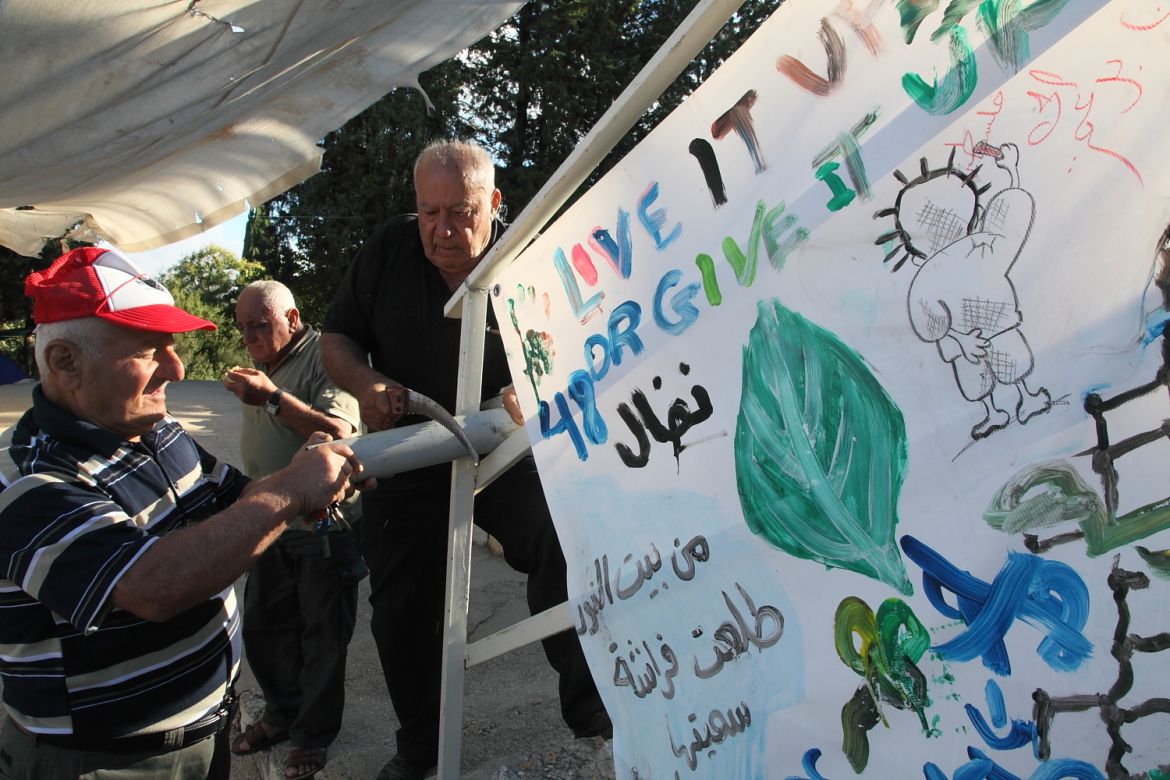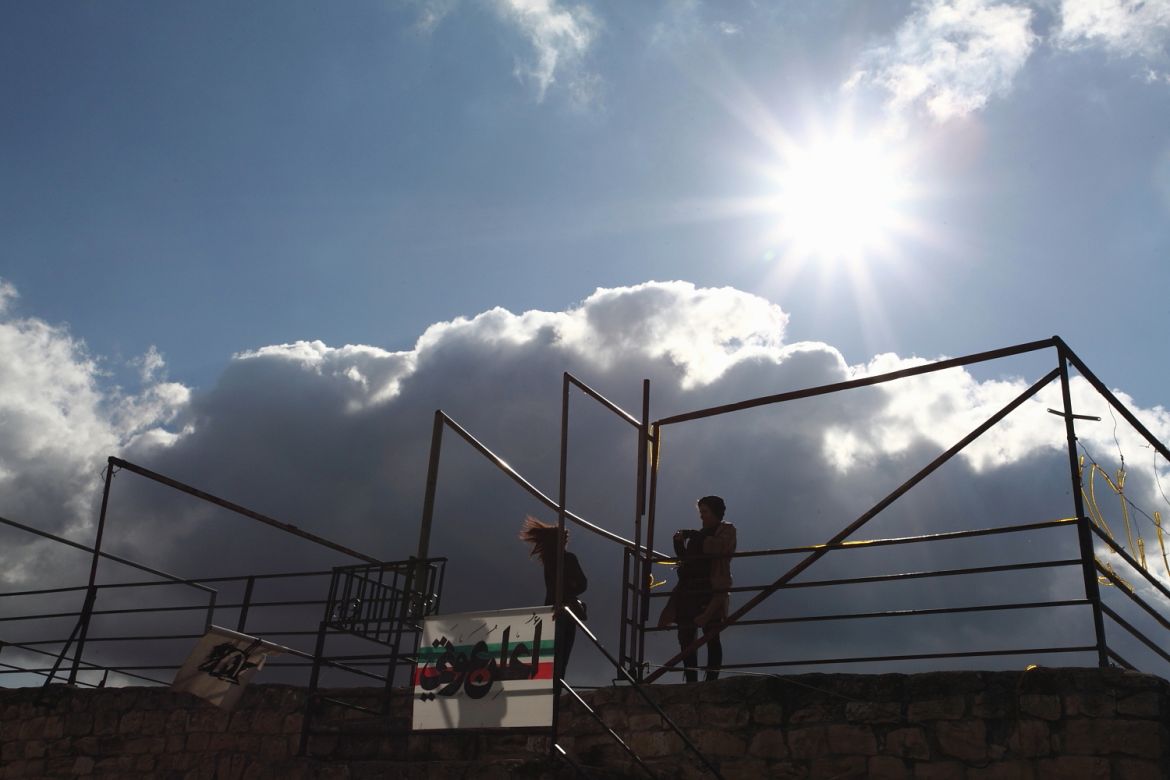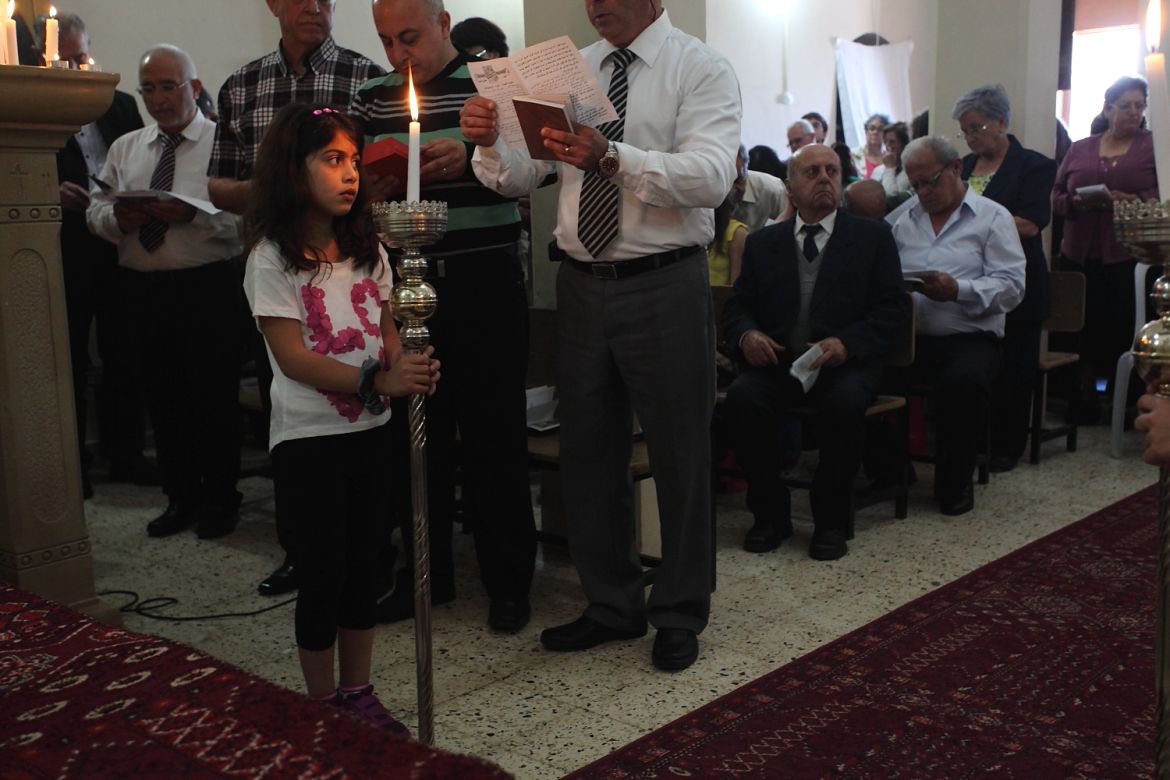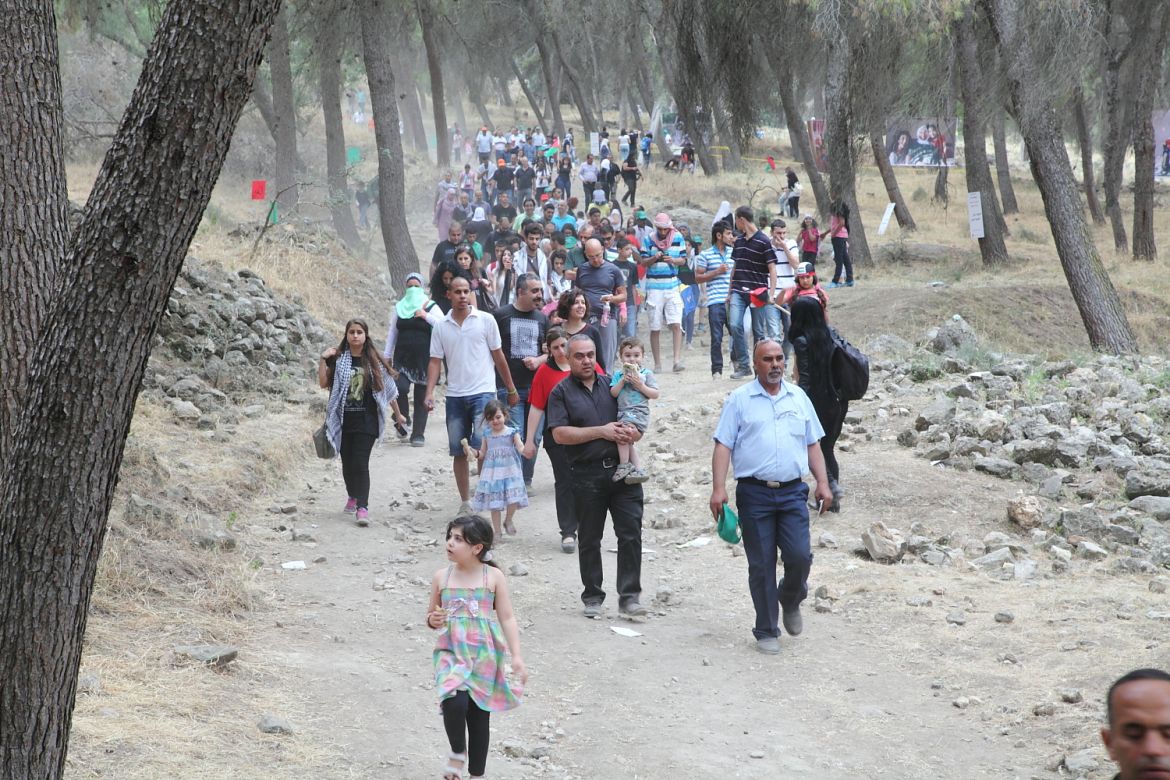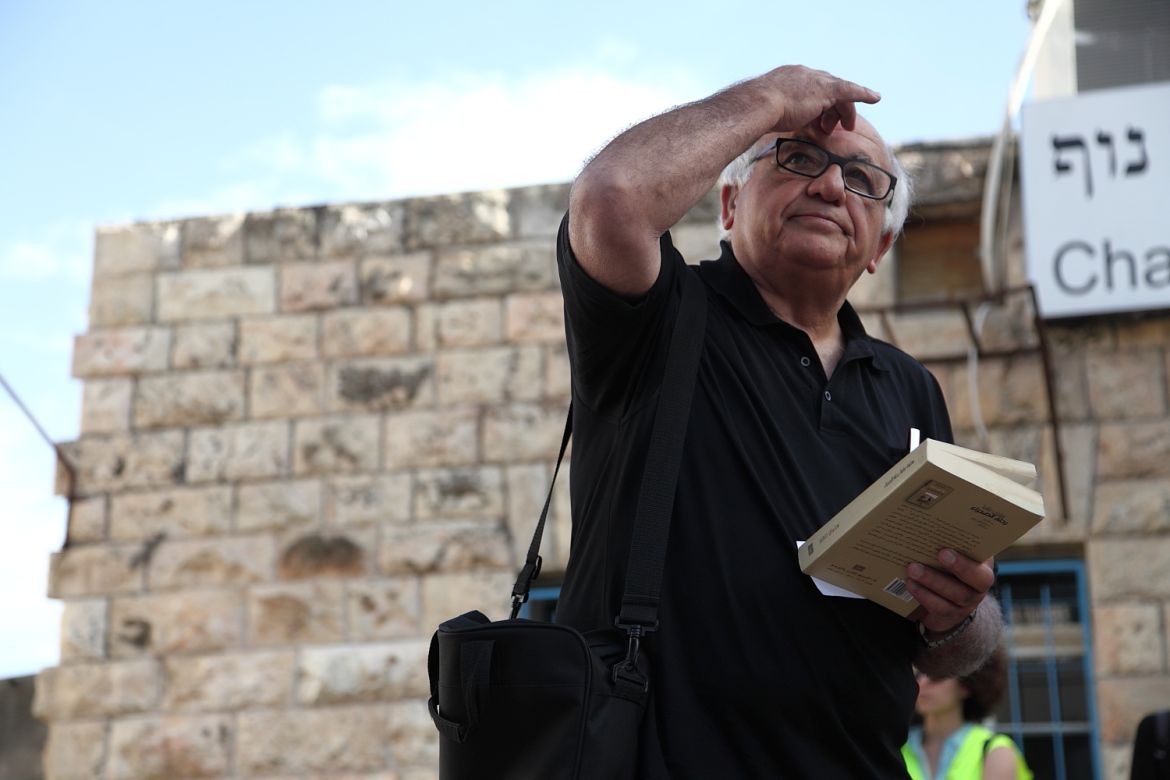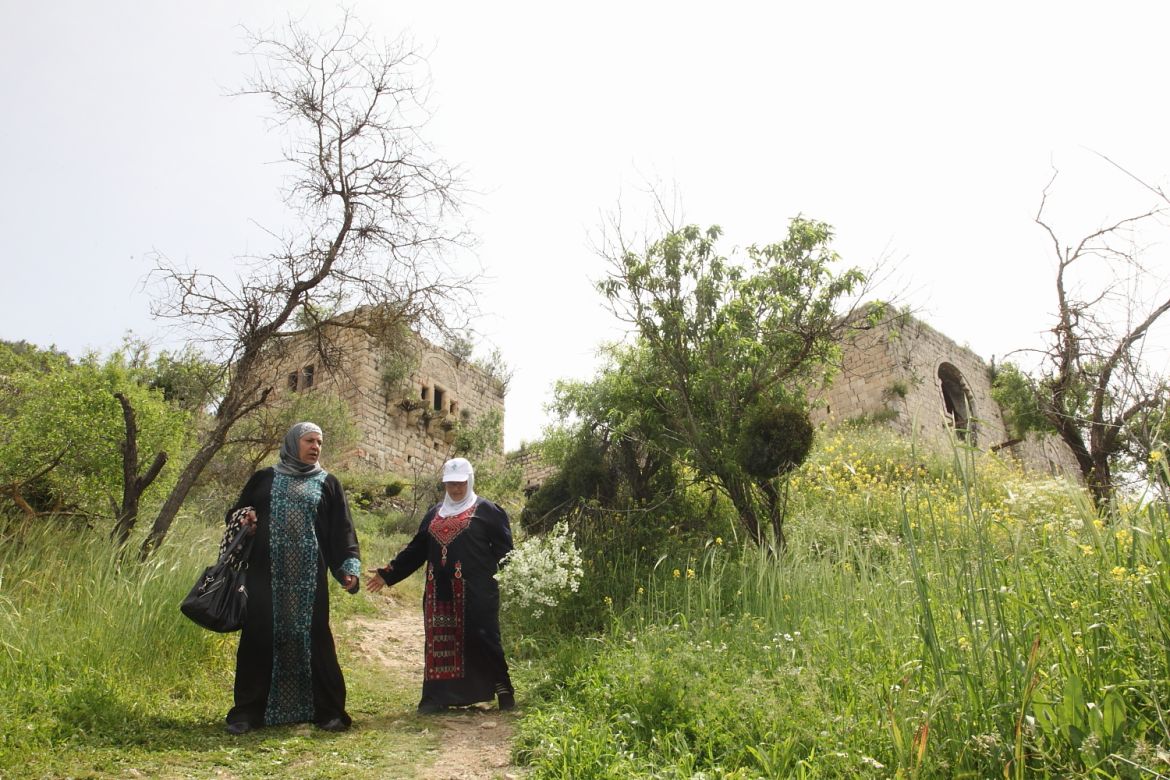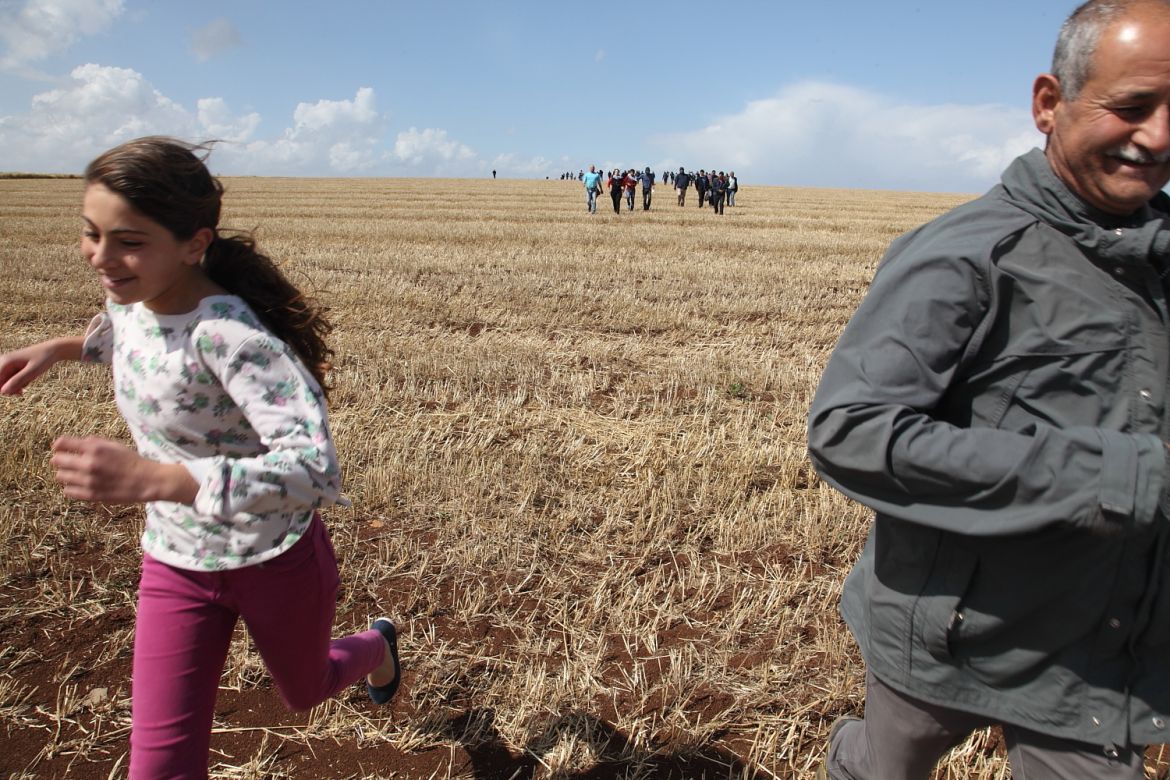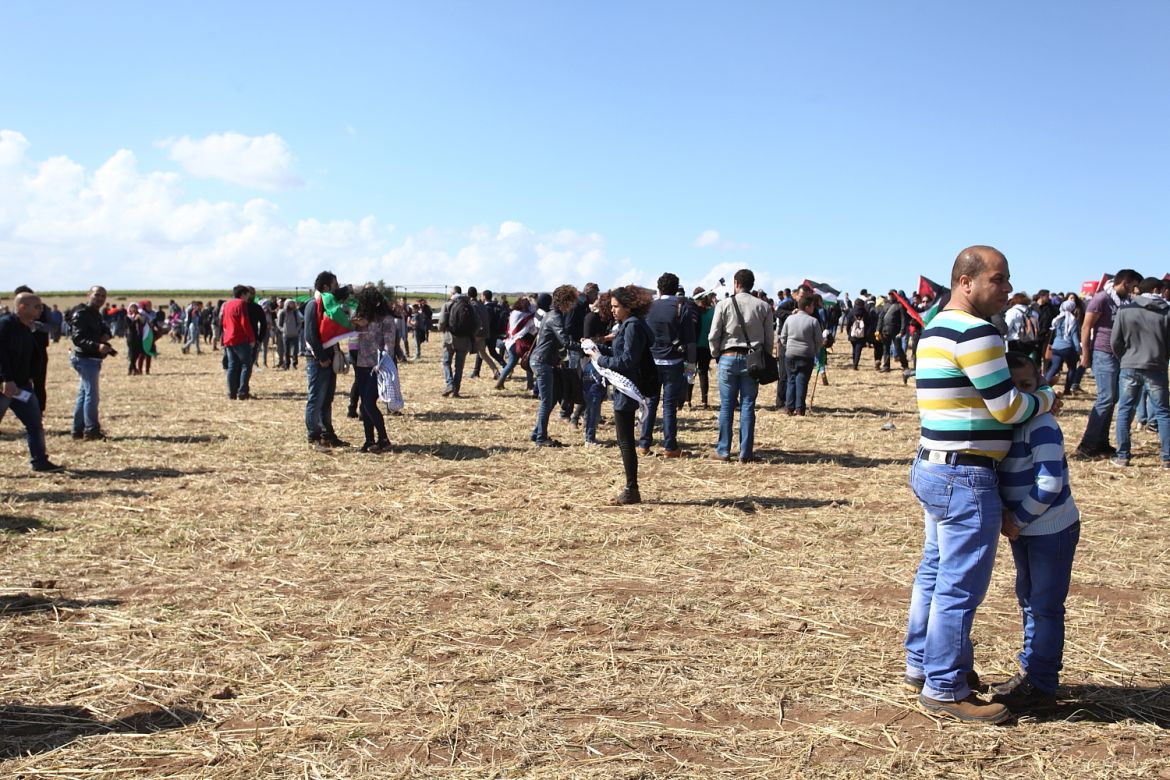In Pictures
Palestinians remain rooted in the land
Far from ‘forgetting’ the Nakba, many Palestinians hold regular events inside their original villages.

In 1949, Israel’s first prime minister, David Ben Gurion, reportedly said: “We must do everything to ensure they [the Palestinians] never do return… The old will die and the young will forget.”
Today, it is estimated that there are about 7.8 million Palestinian refugees and internally displaced persons (IDPs) in the world. The majority are refugees from the Nakba period (1947-49). For most of these refugees, even visiting their places of origin remains impossible.
IDPs, however, are considered residents of the state of Israel, and while they have been denied their right to return to live in their villages, many can still visit the areas.
Far from “forgetting”, displaced Palestinians have successfully maintained their deep connections to their homes. For those who are able, regular visits and community events are held inside the original Palestinian villages, many of which remain largely uninhabited today.
